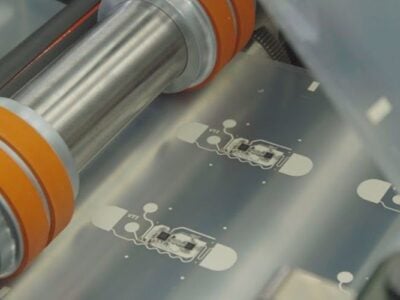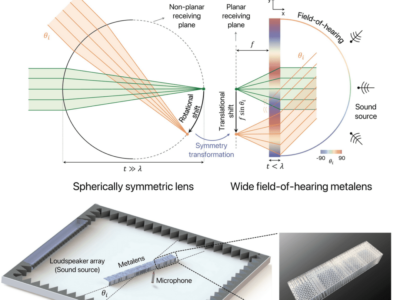
HomePlug Powerline Alliance plans to support for IEEE P1905 convergent digital home network standard
The IEEE P1905 standard provides an abstraction layer to established powerline, wireless, coaxial cable and Ethernet home networking technologies – IEEE P1901 / HomePlug AV, Wi‑Fi, MoCA and Ethernet. The standard enables consumers and service providers to combine the capabilities of otherwise disparate networks to maximize a home network’s overall performance and reliability. IEEE P1905’s abstraction layer common interface allows applications and upper layer protocols to be agnostic to the underlying home networking technologies. Packets can arrive and be transmitted over any technology according to quality of service (QoS) priorities. IEEE P1905 also simplifies network setup by providing common setup procedures for adding devices, establishing secure links, implementing QoS and managing the network.
“The hybrid home network is clearly the network of the future – offering the best networking technology to meet the consumer’s needs – so IEEE establishing this standard is significant,” said Rob Ranck, president of the HomePlug Powerline Alliance. “HomePlug is pleased that the P1905 working group has recognized HomePlug’s undisputed leadership in powerline communications solutions by selecting IEEE 1901 as the underlying powerline communications cornerstone of IEEE P1905. Consumers will immediately benefit from enhanced reliability, ease of use and flexibility. For service providers this translates into the promise of reduced installation and support costs. Encompassing the capabilities of the most commonly installed home networking technologies, this standard promises to deliver the maximum level of interoperability.”
Several HomePlug member companies are making significant contributions to the development of IEEE P1905, including Broadcom, Cisco Systems, France Telecom, Qualcomm Atheros, Ralink, Sigma Designs, SPiDCOM Technologies and STMicroelectronics. The group made substantial progress in April 2011 by approving the technical requirements, architecture and definitions upon which the standard will be based.
Visit the HomePlug Powerline Alliance at www.homeplug.org.
 If you enjoyed this article, you will like the following ones: don't miss them by subscribing to :
eeNews on Google News
If you enjoyed this article, you will like the following ones: don't miss them by subscribing to :
eeNews on Google News




